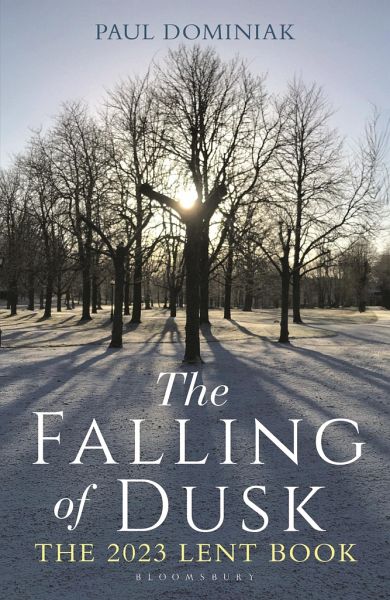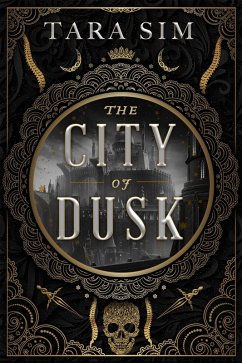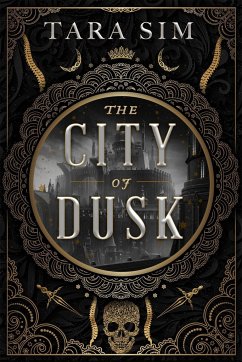Nicht lieferbar

The Falling of Dusk
The 2023 Lent Book
For generations, Christian communities have meditated upon the seven last words of Jesus on the cross. Gathered from across the Gospel accounts of the crucifixion, these sayings still speak to us today. In an age of uncertainty and suspicion, Paul Dominiak explores how each of the seven last words attends to doubt as the refining fire of faith, rather than as its enemy. The Falling of Dusk puts into critical conversation some of the great doubters of religion with the breadth of the Christian tradition and contemporary theological voices. Each chapter considers one last word spoken on the cros...
For generations, Christian communities have meditated upon the seven last words of Jesus on the cross. Gathered from across the Gospel accounts of the crucifixion, these sayings still speak to us today. In an age of uncertainty and suspicion, Paul Dominiak explores how each of the seven last words attends to doubt as the refining fire of faith, rather than as its enemy. The Falling of Dusk puts into critical conversation some of the great doubters of religion with the breadth of the Christian tradition and contemporary theological voices. Each chapter considers one last word spoken on the cross, unpacking why Christians should embrace suspicious doubt, and how a suspicious Christianity might challenge doubters. Aimed at those who embrace, reject, or are uncertain about faith, Paul Dominiak invites us to reflect in unconventional ways on our assumptions, anxieties, suspicions and beliefs through a conventional Lenten form of meditation.













